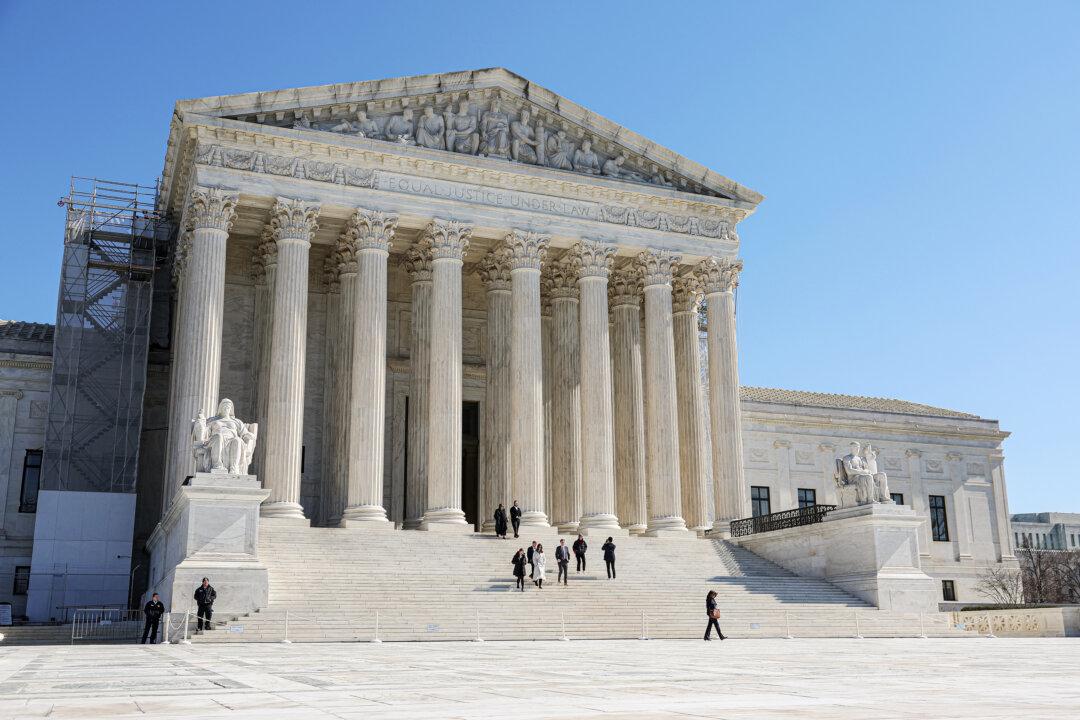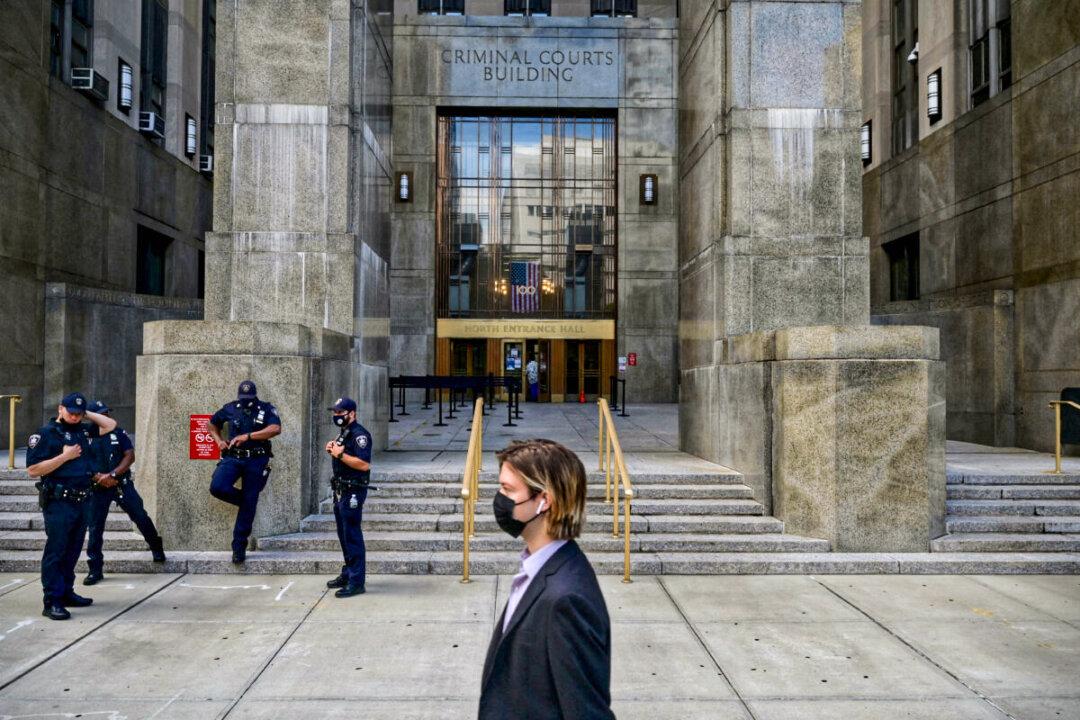The Democratic leadership in the House of Representative has confirmed, for any who may have doubted it, their disregard for the rule of law and judicial procedures that are guaranteed by the Constitution.
Knowing full well that Michael Cohen is a potential witness in future prosecutions perhaps contemplated by the Office of the Special Counsel—the Mueller investigation—House Democrats have nonetheless subpoenaed Cohen to testify before Congress. It’s important to understand that Cohen has entered guilty pleas in a cooperation agreement with the special counsel. So, he is by definition a cooperating witness, having agreed both to provide information to prosecutors and to testify on their behalf in criminal trials.





